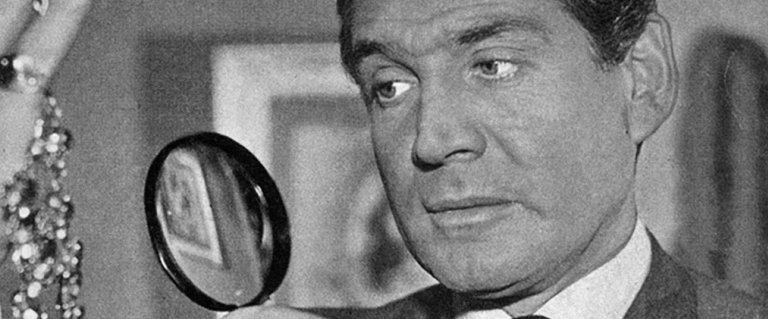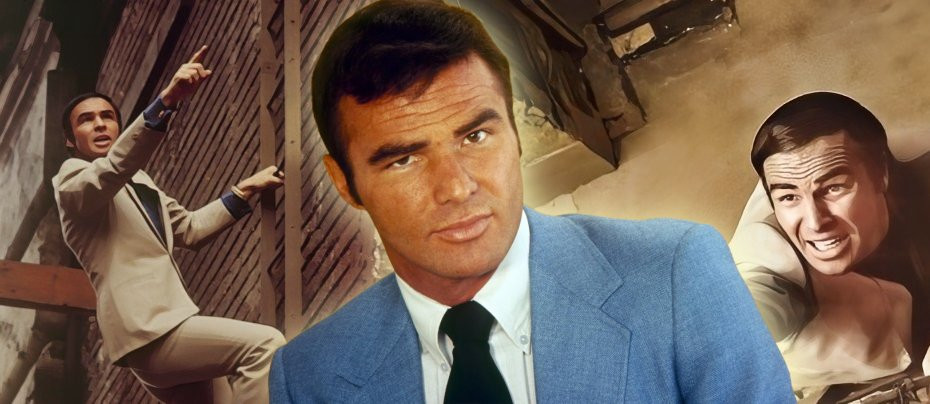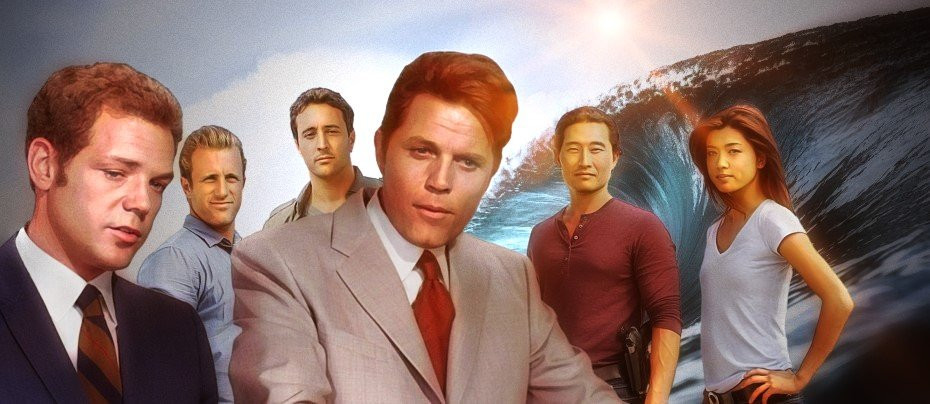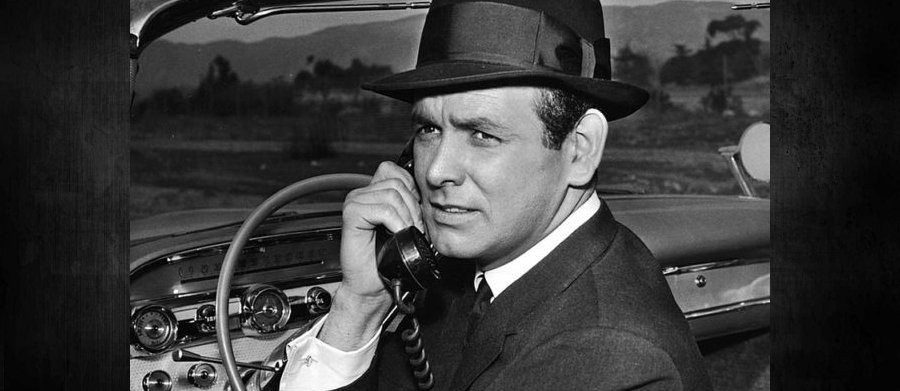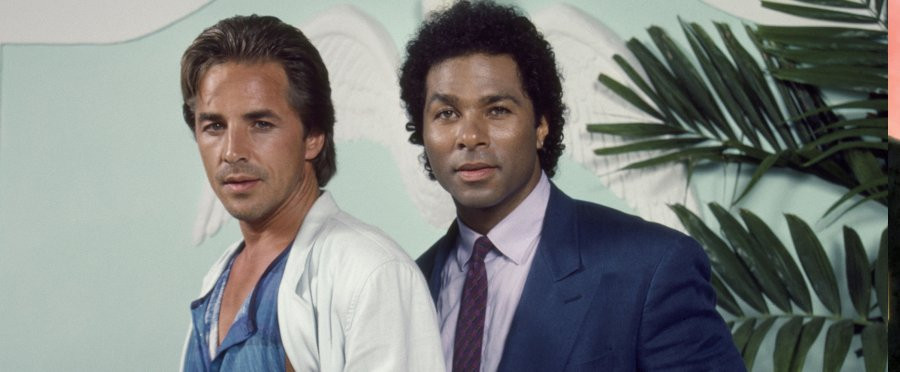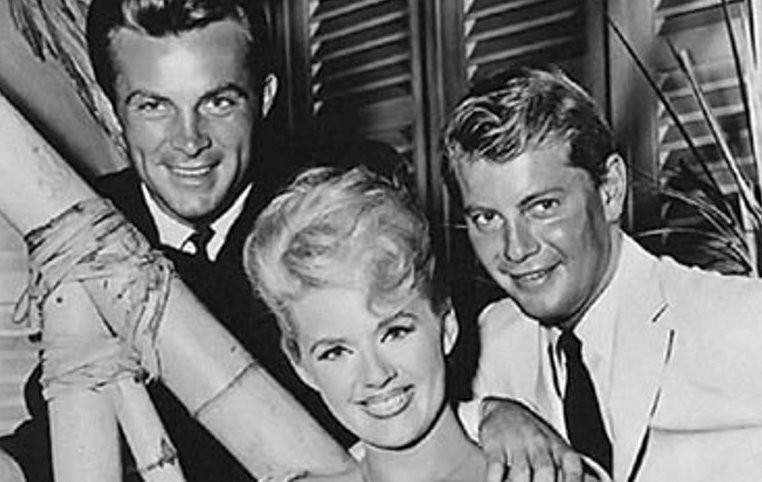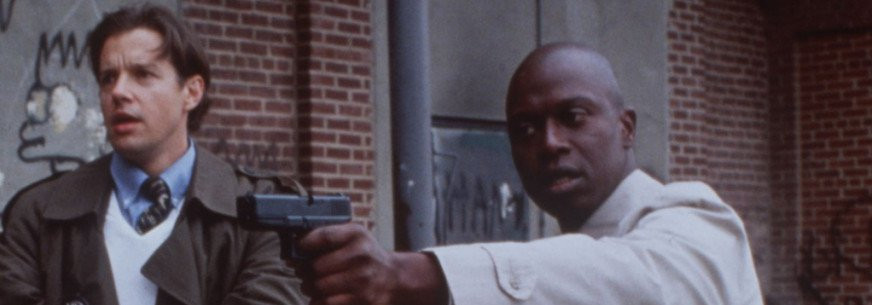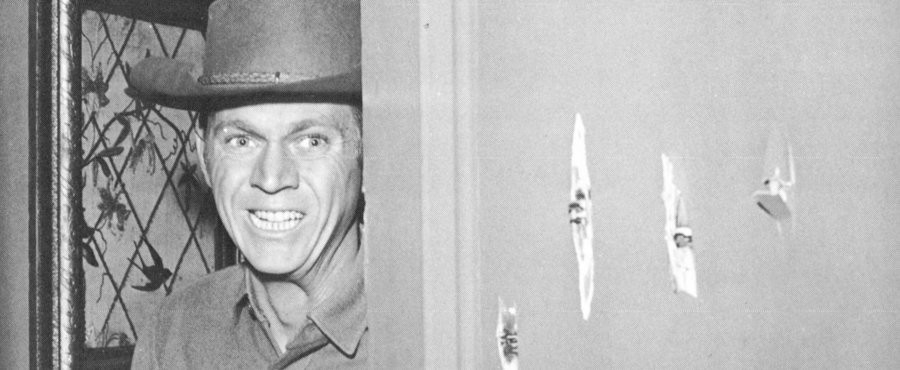
Who Loves Ya, Baby? The Best of Kojak
"Kojak had a huge personality and it seemed that the small box in the corner of the room sometimes had difficulty containing him."
It must have been great being Telly Savalas circa 1975. Star of his own cop show and the proud owner of a Number One hit courtesy of his splendid rendition of David Gates' metaphysical love song If, Savalas had something that drove housewives wild. I had a school friend whose mother had a huge crush on Savalas and I remember wondering why anyone would fancy a bald-headed man with big glasses and a dodgy index finger on his left hand. What I didn't know then is that attraction doesn't always depend on looks. That's a well-kept secret when we are young but it's one that we let ourselves in on when we get older.
The cop show was, of course, Kojak. Running from 1973 to 1978, it boasted a killer theme tune, great cars and a bang on form Telly Savalas, enjoying every minute of it, as Lieutenant Theo Kojak, kingpin of the Manhattan South police precinct. Every cop show has its gimmicks. Columbo had his raincoat, Ironside had his wheelchair, Starsky had Hutch and Kojak had his bald head, his lollipop and his Who loves ya baby?
Kojak had a huge personality and it seemed that the small box in the corner of the room sometimes had difficulty containing him. I would love to watch him now on a 3D TV set, pacing the living room floor and throwing lollipop wrappers and spent matches all over the carpet. How different the late, great 1970s were from now. Anyone caught dropping litter today would be named and shamed on one or more social media platforms but here we have a police lieutenant, no less, practically encouraging it.
It's easy to forget how striking Kojak looked. He sported a bald pate at a time when only Yul Brynner and, albeit more reluctantly, Bobby Charlton dared to. Kojak was so comfortable in his own skin that might as well have walked round carrying a placard with the words 'Deal with it' written on it. Dressed like a fashion model by, the end credits reliably inform the viewer, Botany 500 (whatever that is), he cruises the streets of New York in a huge gas guzzling Buick Century convinced that fossil fuels would last forever. In later episodes he opted for a more muted, less ostentatious Buick which was still sufficiently spacious that Kojak spent one episode on the hunt for three armed robbers only to find at the end that they had been hiding in his boot, sorry, trunk, and having a good laugh at his expense, since just before the first commercial break.
Probably the only detective in the show who dared to go toe to toe with Kojak in the fashionisto stakes was Detective Gil Weaver. I particularly like the lemon trouser suit he sports in the episode A Very Deadly Game and the high waisted beige slacks with matching fitted beige jacket ensemble from You Can't Tell a Hurt Man How to Holler. Even Detective Bobby Crocker cuts himself a piece of the sartorial action in the same episode but I think he blows it by choosing a strange checked blouson that is left stranded in the no man's land between the waist and the knee. At the final reckoning, though, it's Telly's show and Crocker reverted thereafter to wearing solid, unadventurous garb with nothing to relieve the drabness except the odd light coloured mac. Weaver's fate was not so charmed as he was bounced off the precinct early on in the fourth season, after a dozen or so appearances, and this is a real shame as he was one of my favourite characters. Still, he fared better than Detective Gomez who was shown the door around about the same time with even fewer episodes to his name. I'll never understand the dark world of TV casting. For all his sartorial eloquence, Kojak is still capable of the occasional fashion faux pas and, here, I'm trying not to think of the white monogrammed vest he models in one episode. Kojak didn't do anything by halves so they're not discreet initials but more of a size that a football manager would be proud to have emblazoned on his quilted, highly sponsored rainproof jacket. The name of the offending episode escapes me but I just know that it is lying in wait to ambush me all over again.
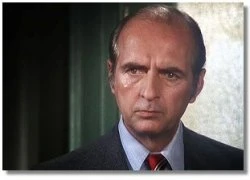
At least Captain Frank McNeil has the sense to adopt the same style as that worn by Richard Widmark in Madigan. In a hat, jacket and tie combo usually topped off by a worried expression, he looks as though he has just strolled in from an episode of Dragnet. McNeil is solidly played by Dan Frazer but I think has difficulty treading the line between being an authority figure and playing second fiddle to his underling, Kojak. There is only room for one charismatic policeman on this show and it's sometimes hard to believe that McNeil had the chutzpah to make it past Detective First Grade, never mind make it to the lofty heights of Captain. And he's probably henpecked by his wife Lilian.
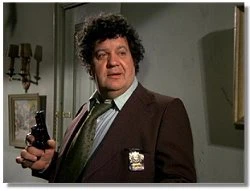
Improbably but winningly billed in the earlier episodes as Demosthenes, Savalas' brother, George, featured as journeyman cop Stavros. A bit of a plodder, he was happy to water the plants in the precinct but the viewer knew that, if Kojak needed him, he would be there. Of course, he would probably miss all the action on account of it taking him a couple of hours to get pulled round but he'd be there just in time to rub out the chalk outline after the dead body had been carted away. Hovering in the margins of the precinct was Detective Saperstein. I am not saying he was under-used but, in every episode I saw, he was very much the driving force behind the coffee making operations in the precinct. Played by Mark Russell who, my sources tell me, was born Glaswegian, he hung around for 104 episodes but he was rarely let loose on anything even remotely approaching his pay grade.
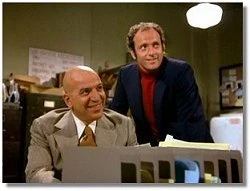
While Detectives Weaver and Gomez must have been wondering what they did to deserve an early exit, Detective Bobby Crocker went from strength to strength. Kojak looked on him as the son he never had but I suspect that the blatantly ambitious Crocker was using Kojak more than a little. Kevin Dobson, the actor who played Crocker, was likeable enough, though. He graduated to his own cop show, Shannon, and then on to Knot's Landing and since then little has been heard of him on these shores.
I think the show was at its best when dealing with the dark corners that are hidden away in all of us. There's a well-known quote that says that most men live lives of quiet desperation. I had to look it up but the more erudite among us will know that it is a quote from Henry David Thoreau (although I could well imagine smarmy Crocker passing it off as one of his own in a bid to impress Lieutenant Kojak still further). In spite of Crocker's plagiarism, my favourite episodes feature characters who would be familiar with the feeling behind these words. They show how everyday relationships - familial, sexual, professional – can be compromised by wrongdoing. A Summer Madness is a great episode in which Detective Jeff Braddock has to cope with a disturbed wife who is mourning their dead son. He also has the burden of dealing with his own feelings on the loss of his son while discreetly grieving the death of his mistress. Now that's what I call a triple whammy. Not a happy household then, but the tension is made worse by the fact that the mistress has been killed by the wife in a drive-by bombing. Trust me, it's better than it sounds. It's a hot and sticky instalment, filmed during the heatwave of 1976, which doesn't end well for husband or wife. An honourable mention should go to Joseph Mascolo and Fionnula Flanagan who both give excellent performances as the unhappy couple.
"a policeman's shield is no protection from the weaknesses and temptations that all of us are heir to."
In Out of the Frying Pan, Eugene Roche plays an alcoholic policeman who unofficially hunts down those responsible for killing his partner. Roche is a great actor, practically unknown in the UK, and he perfectly portrays the weariness of a cop playing a game he is too old to play. It doesn't end well for him either and the episode has a final scene that haunts me still.
As these two episodes show, a policeman's shield is no protection from the weaknesses and temptations that all of us are heir to. In Elegy in an Asphalt Graveyard, Kojak himself takes it personally when Azure Dee, a call girl that he had met and liked when she was a drug addict and hooker, is murdered by a powerful and influential lover. As well as winning an award for the most portentous title for an episode ever, it is a beautiful study of how others can still have a hold on us even when we think we have forgotten all about them. If I'm not mistaken, that's Savalas' voice we hear at the beginning and end, singing a melancholy song about Azure Dee. In Sweeter than Life Kojak learns that his nephew is a drug addict and calls on Sonny South, a grizzled ex-boxer, to help him through cold turkey. South is played by Neville Brand and it's a surprising role for him because he had a face that was seemingly typecast for villainy. Neville Brand was hard. I'll tell you how hard Neville Brand was - he's been dead since 1992 and I still wouldn't fancy my chances in a fight with him. That's how hard Neville Brand was. Admittedly, this probably says as much about my fighting abilities as it does about Neville Brand's but I think it's a point well made.
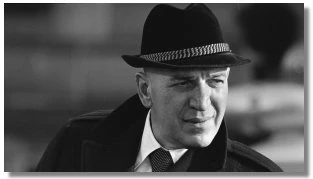
If you're after a pure 1970s vibe and, let's face it, who isn’t?, I would suggest you look no further than the episode entitled Bad Dude. Dating from 1976 it features Roosevelt 'Rosey' Greer as Salathiel Harms, a bounty hunter from California who finds himself caught between the police and the local hoods when he comes to town to take a criminal back to the west coast. By the way, if you get the chance, have a look at the picture of Rosey Greer at the top of his page on that there Internet Movie Database. That's him on the trolley, barely visible below the worried gaze of a man in a white coat. If I were the type to start campaigns, which I'm not, I would start a campaign to have a more dignified picture of Rosey Greer for his IMDB page. The highlight of this episode is an appearance of a character called Sylk, the chief hood whom Harms finds himself up against. Sylk is played by an actor called Bill Duke who is currently billed in the IMDB as 'actor, director, producer, writer and humanitarian'. This is some billing but he should also be nominated for a knighthood, the OBE, the CBE and the Order of Merit for the brilliance of his performance. The camp attitude, the clothes and the speech are all indicative of someone having a whale of a time. Salathiel Harms made another appearance in the episode Black Thorn but I think the producers took their eye off the ball with this one. How Sylk didn't get a return appearance, nay his own show, off the back of his performance is something that the Americans will to examine their consciences about. Sylk also christens Kojak with the admirable nickname of Superhonk. That's a nickname to be proud of (well, it beats Baldy, doesn't it?) and I think if the producers had renamed the series Superhonk they would have got at least another ten years out of it.
Kojak the series ended in 1978 but a whole fleet of Kojak TV movies passed me by in the late 1980s and early 1990s and I didn't even notice. Kojak had been promoted to Inspector in these movies. I am not sure how much detecting an NYPD Inspector is expected to do but, with Telly Savalas getting on in years, I would suggest he left most of the legwork to his new sidekick Detective Winston Blake, played by Andre Braugher before he gained promotion to Captain Holt in Brooklyn Nine-Nine. The ever-ambitious Bobby Crocker had by then moved onward and upwards. He never did make it to Chief of Detectives but, as the TV movie Kojak: There's Always Something shows us, he'd done very nicely for himself as an assistant District Attorney. Unfortunately, the ultimate fate of Detectives Weaver and Gomez still remains unclear.
Published on February 21st, 2019. Written by Andrew Cobby (2016) for Television Heaven.


